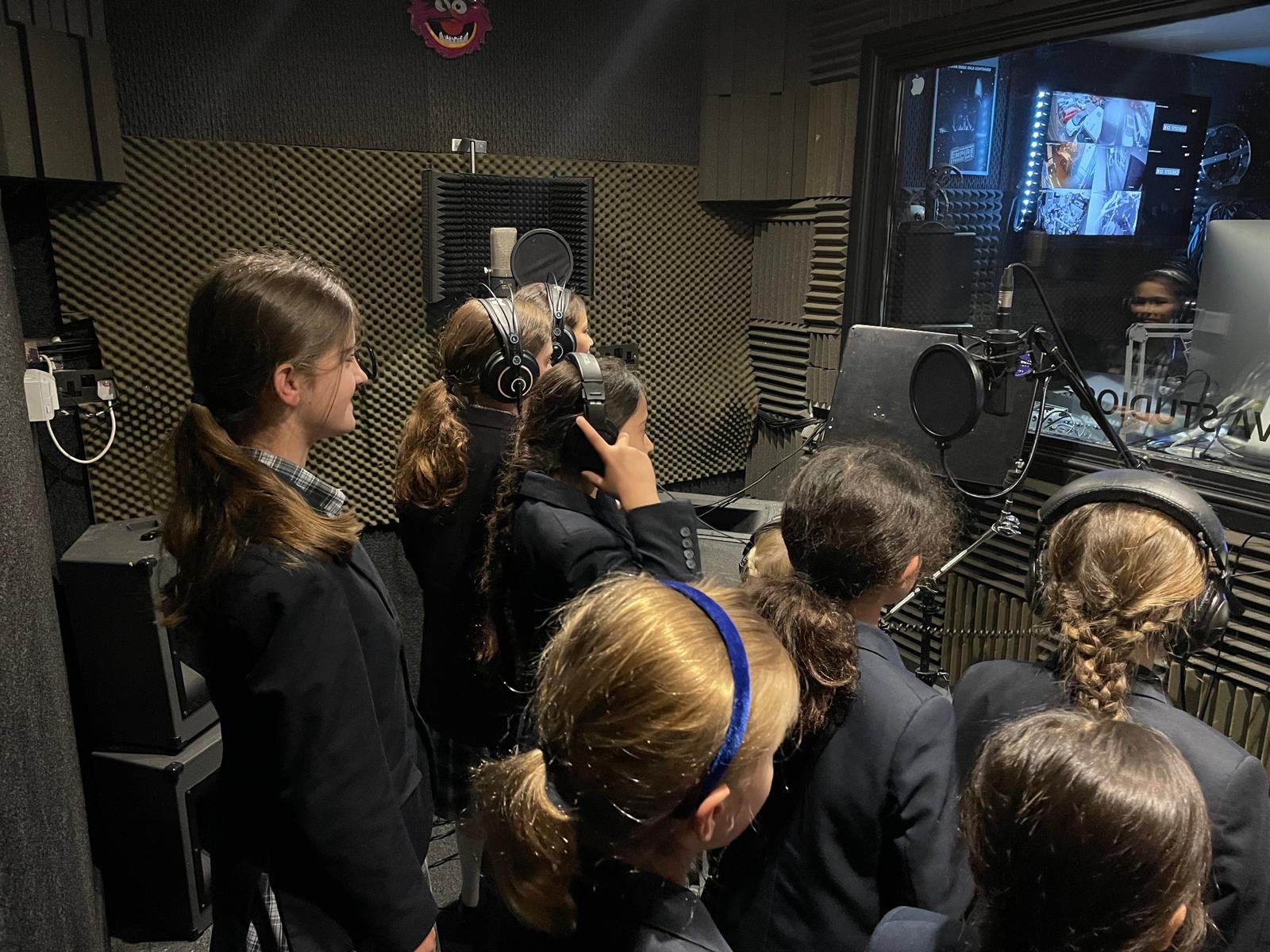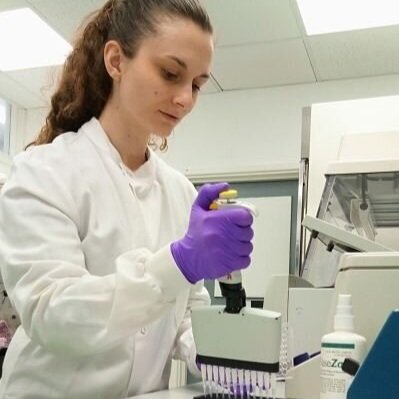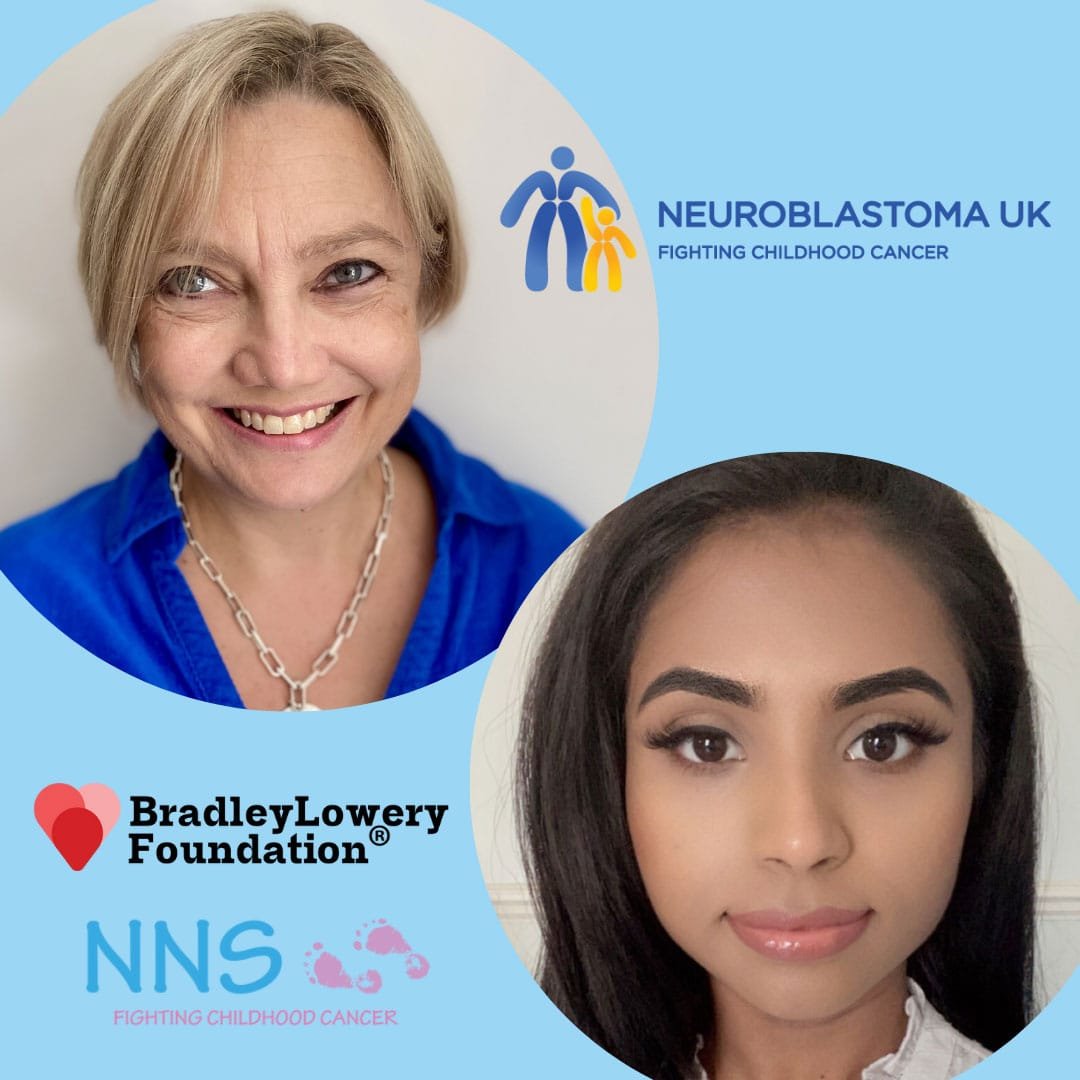Latest News, Grants & Research Reports
Read our latest news, blog posts and research updates right here

Charities come together for Teenage and Young Adult Cancer Awareness Month this April.
April is Teenage and Young Adult Cancer Awareness Month (TYACAM) – an opportunity for
charities and the young people we support to come together and raise awareness of the unique
set of challenges facing this age group after being told they have cancer.

BBC Lifeline Appeal
We are honored to announce that Neuroblastoma UK will be featured on the BBC Lifeline Appeal on Sunday, 26 January, at 13.50 on BBC One.

Neuroblastoma UK Awards £1.1 Million in 2024 Grant Round
Neuroblastoma UK is awarding £1.1 million in its 2024 grant round to fund new innovative research into neuroblastoma. New therapeutic approaches, pathways to improve existing treatments and exploration of an MRNA vaccine are just some of the projects to be funded in the 2024 grant round; with an emphasis on translational research which can be rapidly transferred from the lab bench to bedside.

North Nottinghamshire Prep School Releases Original Song to Support Neuroblastoma UK.
Pupils at Ranby House School in Retford, Nottinghamshire, have released an original song ‘Our Special Story’, in a bid to raise funds for Neuroblastoma UK.

New decision-making tool for treatment of relapsed and refractory neuroblastoma
We’re excited to share the launch of a brand-new tool for those navigating treatment pathways for high-risk neuroblastoma. The Redmapp Website is designed to support families facing the difficult decisions that come when their child is faced with uncertainty associated with more complex cases of neuroblastoma.

Research partly funded by Neuroblastoma UK leads to an innovative stem cell model providing insight into childhood cancer origins
Researchers from the University of Sheffield and St. Anna Children’s Cancer Research Institute have created a model designed to investigate the origins of neuroblastoma, a cancer primarily affecting infants and young children. The findings offer hope for the creation of tailored treatments which treat aggressive neuroblastomas and minimise the adverse effects experienced by patients from existing therapies.

New research suggests potential combination therapy option for children with neuroblastoma to prevent resistance to treatment
New research published by Professor Suzanne Turner and led by Dr Perla Pucci in her group at the University of Cambridge Department of Pathology and CRUK Cambridge Centre Paediatric Cancer Programme, has suggested a new target for combination treatment of neuroblastoma and other cancers alongside ALK tyrosine kinase inhibitors (ALK TKI). Resistance to ALK TKI is a challenge and so additional targets for treatments that can be used in combination with ALK TKI are urgently needed.

The Power of Collaboration to Find a Cure…
In 2019, Neuroblastoma UK joined forces with childhood cancer charities The Bradley Lowery Foundation and Niamh's Next Step to support more vital research into neuroblastoma.

Ellie’s Memory inspires Aurora to nominate Neuroblastoma UK as the company’s charity partner this year
A big thank you to Aurora, one of the UK’s fastest-growing Print Management, Office Supplies and Telecoms Providers, for choosing Neuroblastoma UK as one of its charity partners for this year.
Charities come together for Teenage and Young Adult Cancer Awareness Month this April
This April marks the second Teenage and Young Adult Cancer Awareness Month, an opportunity for charities and the young people we support to come together and raise awareness of the unique challenges facing this age group when faced with the three words that change their lives: “you have cancer”.
